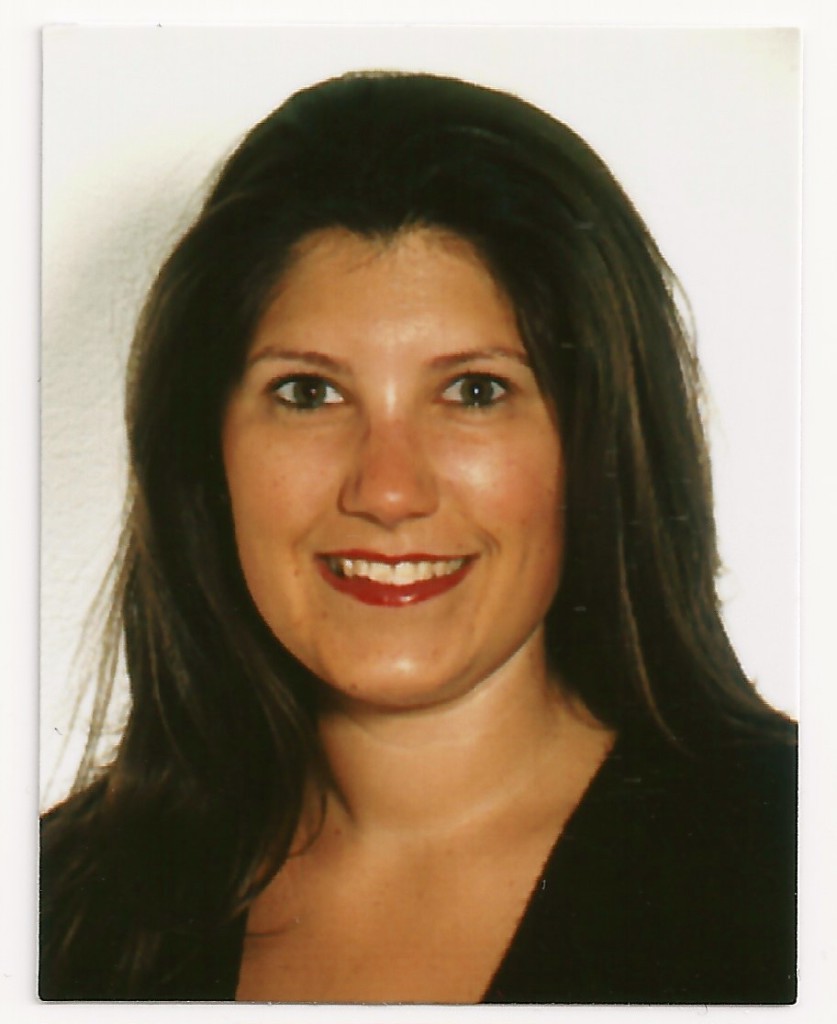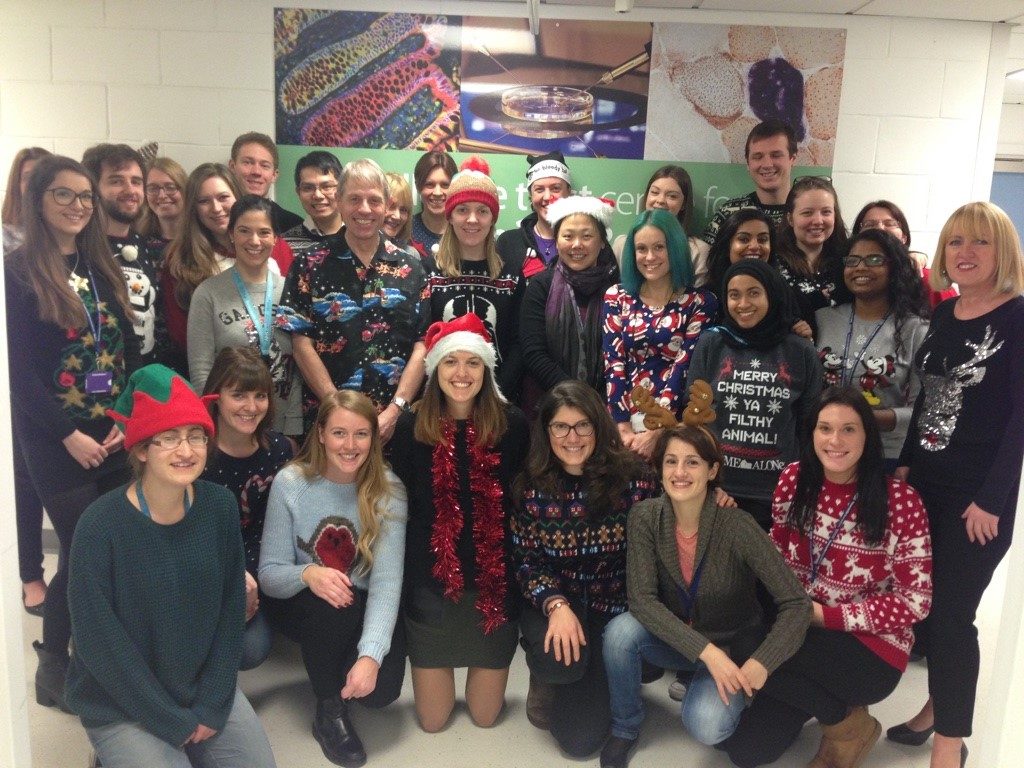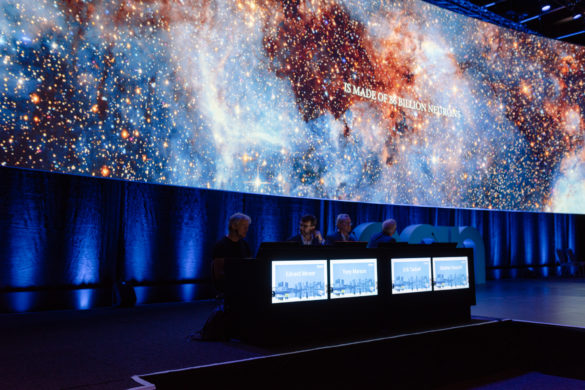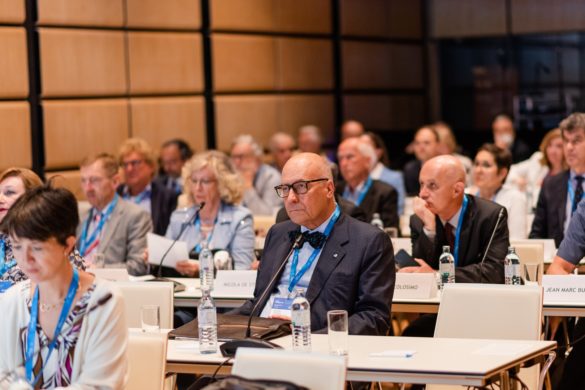 Title of the project: “Delineating the molecular mechanisms of mitochondrial DNA disease: clinical and pathological studies”
Title of the project: “Delineating the molecular mechanisms of mitochondrial DNA disease: clinical and pathological studies”
Since I started my residency in adult Neurology at the University of Halle, Germany, I got interested in patients with myopathies, especially, in patients with mitochondrial diseases. In January 2014, I got the chance to visit the Wellcome Centre for Mitochondrial Research, Newcastle upon Tyne (UK) for the first time as part of a scientific collaboration. Encouraged and supported by the chief of my home depratement, Prof. Stephan Zierz, I applied for the EAN Research fellowship.
Being awarded with the EAN Research fellowship gave me the opportunity to spend one year at the Wellcome Centre for Mitochondrial Research, Newcastle upon Tyne (UK) under supervision of Prof. Sir Doug Turnbull and Prof. Rob Taylor. Thanks to the EAN I got the chance to work side by side with exceptional young researchers from all over the world and learn from clinical experts in the field of mitochondrial diseases.
The Wellcome Trust Centre for Mitochondrial Research was established in May 2012 to integrate basic and clinical mitochondrial disease research. The specific research themes the lab and clinical scientists are focusing on are: “Identify critical factors and pathogenic defects underlying mitochondrial gene expression”; “Prevent transmission of mitochondrial DNA disease”; “Understand the nature, mechanisms and treatment of neurology deficits in patients with mitochondrial DNA disease” and “Determine the role of mitochondrial DNA in common chronic human diseases”. The Newcastle Mitochondrial Clinic is supported by the Highly Specialised NHS Service for Rare Mitochondrial Disorders and one of three national centres to provide specialist mitochondrial clinics. It has been a great privilege to see the clinical service, led by Prof. Sir Doug Turnbull and the diagnostic service, led by Prof. Rob Taylor working close together with other specialists, e.g. physiotherapists, speech and language therapists to offer multi-disciplinary support for the patients and their families. In the field of pediatric neurology, I felt very privileged to learn from Dr. Robert McFarland.
My project focused on adult patients with mitochondrial disease is chronic progressive external ophthalmoplegia (CPEO), caused by recessively and dominantly-inherited mutations in nuclear genes involved in mtDNA maintenance leading to clonally-expanded multiple mtDNA deletions. Over the last few years there has been considerable progress based on whole exome sequencing in identifying the underlying nuclear genes which result in multiple mtDNA deletion disorders although identifying the genetic defect remains challenging in many adult patients with a CPEO phenotype. I have been trained to used a newly developed immunohistochemical assay to assess the pathological consequences of mitochondrial biochemical defects. In combination with established investigation procedures in the field of genetics, I tried to improve the diagnostic algorithm for patients with multiple mtDNA deletions and to better understand the associated respiratory chain defect in muscle. However, during my stay in Newcastle, I have always been supported to work on other projects, too.
The MRG (Mitochondrial Research Group)- Family made me feel welcome from the first day and I found friends for life! All doors were open all time- all problems were solved together. It was a once in a lifetime experience to be part of a research group like this. Once again thank you to the wonderful MRG-Family and Prof. Sir Doug Turnbull and Prof. Rob Taylor.
I highly encourage my colleagues to apply for the EAN fellowship programs. It is a wonderful chance to strength the scientific and clinical network throughout Europe and improve professional and personal skills. Thanks again to the EAN to make it possible!















